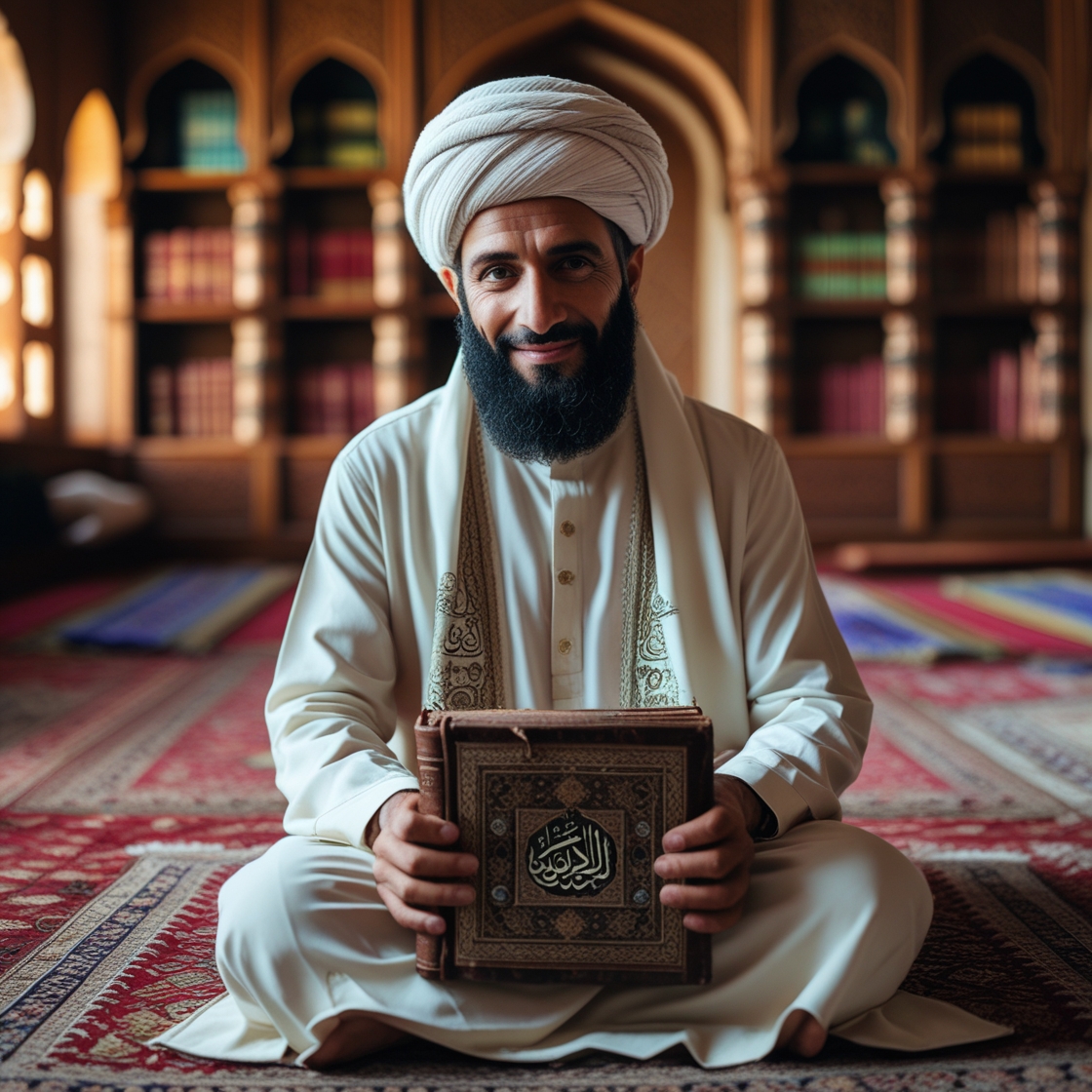
Historical Significance of the Islamic Teacher
Islamic Teacher: Historical Significance of the Islamic Teacher
Throughout Islamic history, the Islamic has played a pivotal role in preserving and transmitting religious knowledge, ethical values, and cultural traditions. From the time of the Prophet Muhammad ﷺ to the present day, Islamic teachers have served as the backbone of Muslim education, guiding generations of learners toward spiritual and intellectual development.
Islamic Teacher: The Origin and Role in Early Islam
The Islamic teacher, known traditionally as the “mu’allim” or “ustadh,” finds his earliest model in the Prophet Muhammad ﷺ himself. As the first Islamic teacher, the Prophet was tasked with conveying the message of the Qur’an, teaching its meaning, and modeling ethical behavior for his followers. His companions, especially those closely associated with recording and understanding the Qur’an and Hadith, became the first generation of Islamic teachers.
After the Prophet’s passing, his companions took on the role of educators, teaching in mosques, homes, and early learning centers. These Islamic teachers taught not only Qur’anic recitation but also jurisprudence (fiqh), theology (‘aqeedah), and moral conduct (akhlaq).
Development of Formal Institutions
As Islam expanded, the need for structured religious education led to the establishment of institutions like the kuttab (elementary school) and the madrasa (higher learning institution). The held a respected position in these institutions, responsible for shaping both the religious and intellectual growth of students.
One of the most significant developments was the rise of madrasas in the Abbasid period, especially under the Nizamiyya system in Baghdad. These institutions employed highly qualified who taught grammar, logic, Qur’an, Hadith, law, and philosophy. Their influence extended far beyond the classroom—they helped standardize Sunni orthodoxy and were instrumental in intellectual debates of the time.
Influence Across Islamic Civilizations
Across various Islamic empires—the Umayyads in Spain, the Fatimids in Egypt, the Mughals in India, and the Ottomans in Turkey— adapted their methods and curricula to meet regional needs while staying rooted in the Qur’an and Sunnah. In Andalusia, Islamic teachers contributed to an intellectual flourishing that brought Arabic translations of Greek philosophy and science to Europe.
In the Ottoman Empire, the held state-sanctioned roles in public education, often serving as qadis (judges) or imams in local communities. These scholars were not only educators but custodians of Islamic civilization, preserving vast libraries of knowledge and contributing original works in law, medicine, mathematics, and theology.
Islamic Teacher: Modern Challenges and Continuing Legacy
In the modern era, the role of the Islamic teacher has faced new challenges. Colonial disruption, modernization, and globalization have changed traditional systems of learning. Despite this, the Islamic teacher remains a vital link in the spiritual and educational lives of Muslims around the world.
Today, can be found in diverse settings—from rural mosques and traditional seminaries to online platforms and universities. Their responsibilities have expanded to include contemporary issues such as interfaith dialogue, ethics in science, and mental health in the Islamic framework. Nevertheless, their core mission remains unchanged: to teach with sincerity, integrity, and devotion.
Islamic Teacher: Conclusion
The is more than just a transmitter of knowledge—they are mentors, moral guides, and agents of continuity in the Islamic tradition. From the Prophet Muhammad ﷺ to the teachers of today, they have nurtured minds and hearts across centuries and continents.
Understanding the historical significance of the Islamic teacher allows us to appreciate their enduring legacy and the sacred responsibility they bear. In honoring them, we uphold the very foundation of Islamic learning and ensure its relevance for generations to come.
